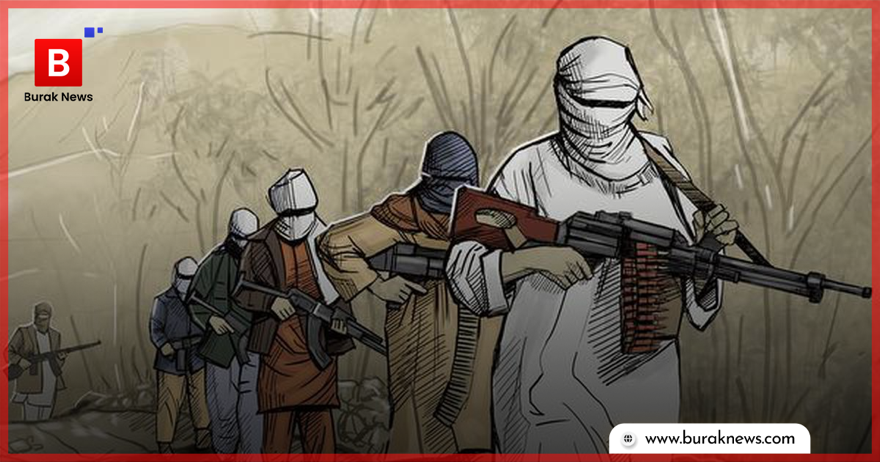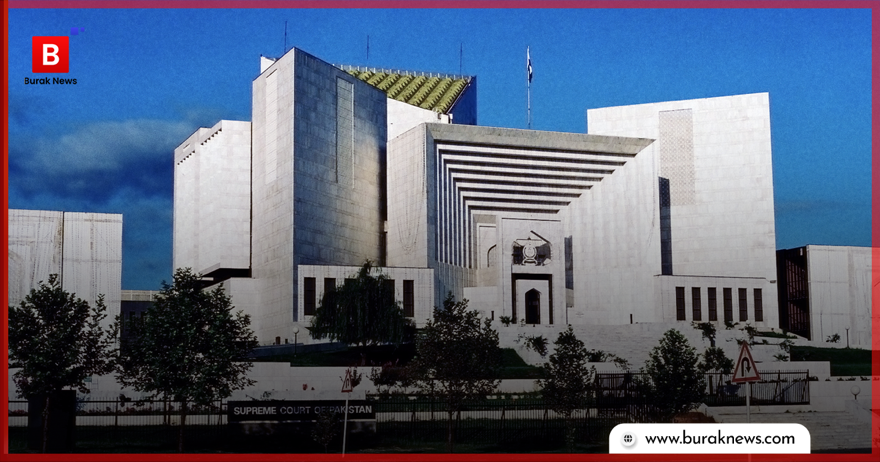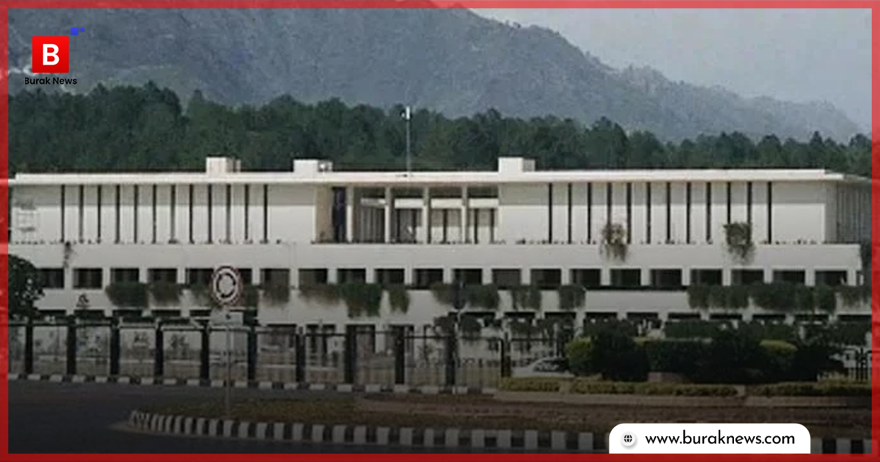Justice, Equity, Transformation: Pakistan’s Path to Education Reform

The Constitution of Pakistan acknowledges the right to education as a basic human right, demonstrating the country’s commitment to ensuring that every child has access to quality learning opportunities. According to Article 25-A of the 1973 Constitution, ” The State shall provide free and compulsory education to all children of the age of five to sixteen years in such manner as may be determined by law.” Despite this constitutional obligation, a crucial number of children in Pakistan remain out-of-school.
The problem of out-of-school children in Pakistan is complex to understand since it arises from several factors. Social values, such as cultural norms and gender biases are critical issues because in many rural areas in Pakistan families prioritize boys’ educations over girls. Poverty is another major factor, high cost of education turns it difficult families to send their children to school, as some parents rely on their children to contribute to the household income through labor. Poor infrastructure and low-quality schools; no electricity, clean water, and proper sanitation, further contribute to the matter. Security concerns, natural disasters and forced displacements due to acts of terrorism, also play a role in increasing dropout numbers.
UNICEF report highlights a serious dilemma ranking Pakistan as having world’s second-highest number of out-of-school children. A recent report for 2021-22 states, In Pakistan an estimated 26.21 million children are not in school, representing 39 per cent of all Pakistani children: 11.73 million in Punjab, 7.63 million in Sindh, 3.63 million in Khyber Pakhtunkhwa, 3.13 million in Balochistan, and 0.08 million in Islamabad. A notable imbalance is also seen in school attendance based on gender, socioeconomic status, and geography. To deal with this dilemma, earlier this year Prime Minister Shehbaz Sharif declared an educational emergency in the country. Government allocates 1.91pc of its GDP on education to reduce out-of-school children however, according to international standards at least 4 per cent GDP allocation is necessary to improve education.
A comprehensive strategy is required to address the problem of out-of-school children that goes beyond mere enrolment. By simply enrolling more and more children in schools without ensuring the basic facilities will further degrade the quality of education. The main goal should be to prevent children from becoming out of school in the first place. In this regard, the Junior Jinnah Trust plays a pivotal role. Since 2014, JJT is working with a single agenda, “Quality education for all”. The organization has made significant progress in offering underprivileged population, orphans, child laborers, street children, an access to high-quality education. With 24 campuses in Islamabad and Rawalpindi, JJT supports 2000 students.
Junior Jinnah Trust is making efforts to reduce numbers of out-of-school children with a range of thoughtfully planned educational initiatives. One of its innovative approaches is its accelerated learning programs (ALP) designed for children with no prior schooling experience. Understanding that traditional teaching methods might not be enough for these children, it introduced a fast-paced educational model, which is covering 2.5 years of learning in a much shorter timeframe, effectively bridging the educational gap for children who have missed essential foundational learning in their early years.
Andalus project is another noteworthy approach, which turns mosques into educational centers, providing essential literacy skills to children while using familiar community spaces to offer support. With BECS collaboration JJT’s has also set up new centers in remote areas offering literacy programs tailored to the cultural context of those communities, with a special focus on girls and other disadvantaged children. The Digital Micro School, an e-learning program, employs interactive apps to deliver education in a flexible manner, allowing children to learn at their own pace and showing notable improvements in their academic performance.
The Junior Jinnah Trust provides a framework of Justice, Equity, and Transformation to the federal government to address the problem of out-of-school children in Pakistan. Justice means addressing socio-economic obstacles to ensure that all children, no matter what gender, have equal access to education. Equity involves enhancing school infrastructure in underprivileged areas and offering specialized programs like Accelerated Learning Programs (ALP) to address educational gaps. Last but not the least, Transformation includes adopting innovative solutions such as digital learning and utilizing community spaces for education, similar to JJT’s initiatives. These strategies will address systemic challenges and better align with Pakistan’s commitment to providing education to all.
The writer is a researcher based in Islamabad.
Arooj Fatima







